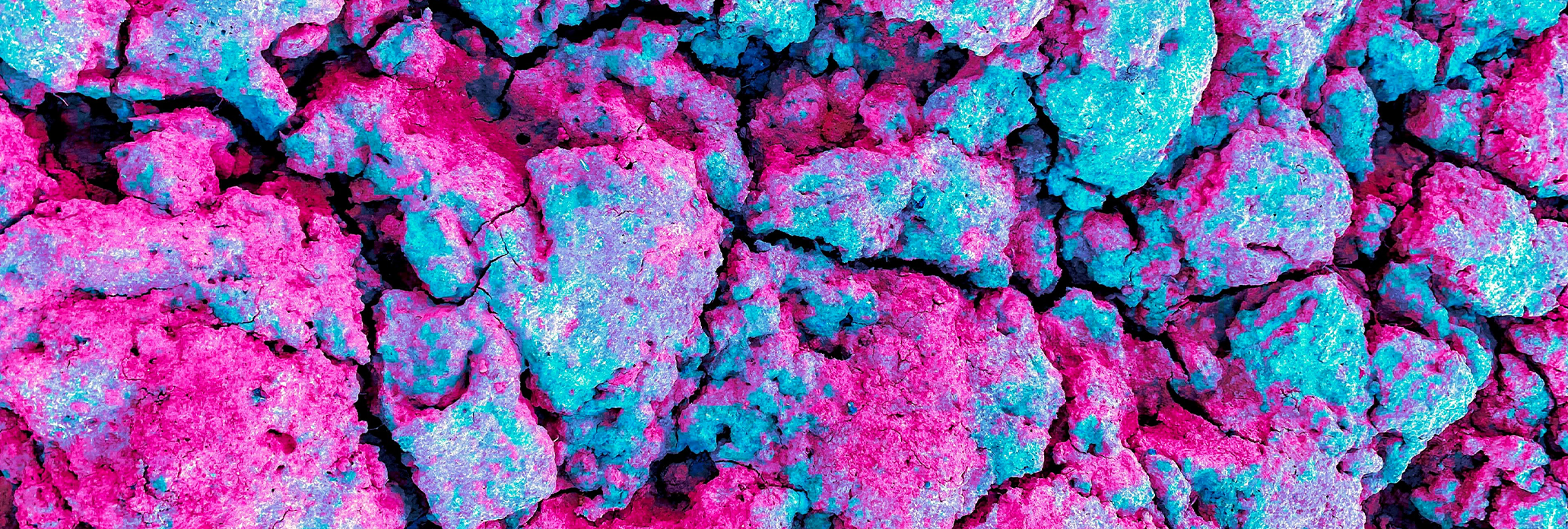Social anxiety disorder (SAD) or social phobia is a common disorder that people face when in social settings. It affects around 12.1% of adults in the United States at some point in their lives.
SAD is often mistaken for shyness. But it is not a simple hesitance to socialize. Those with SAD find it challenging to go to school, work, grocery stores, restaurants, and anywhere else they will have to interact with others.
This makes day-to-day activities like working, shopping, and eating very stressful experiences.
If you or someone you know suffers from SAD, this article will help you understand its symptoms, causes, and treatment options.
Let’s dive in.
When Does Social Anxiety Occur?
SAD manifests in many ways. Here are some common situations that can cause anxiety:
- Initiating and maintaining conversations with acquaintances
- Talking to strangers
- Speaking in public
- Going to school or work
- Going into a job interview
- Making eye contact
- Dating
- Eating in front of other people
- Going to parties
- Entering large rooms
- Using public restrooms
Symptoms of Social Anxiety
People with SAD may experience one or more the following symptoms during social interactions:
- Nausea
- Sweating
- Shaking or trembling
- A rigid stance
- A rapid heart rate
- Intense worry
- Extreme self-consciousness
- Difficulty speaking
- Inability to think clearly
- Dizziness or lightheadedness
- Muscle tension
- Stomach upset or diarrhea
- Blushing
- Hesitation to talk to others
- An intense and paralyzing fear of being judged by others
- Shyness and discomfort when perceived by strangers
- Fear of embarrassment
- Crying
- A strong desire to avoid eye contact
- Inability to breathe properly
- An “out-of-body” sensation
- Wanting to blend into the background
- Concern that others will notice these symptoms
- An urge to consume alcohol to deal with a social event
Symptoms may emerge days or even weeks before or after a social situation.
Causes of Social Anxiety
What are the main causes of social anxiety? If you’re curious about what causes social anxiety, keep in mind that many factors contribute to it. According to scientists, biological, physical, and genetic elements may play a role.
An overactive amygdala, the part of the brain that processes fear, can cause this disorder. Poor function of neurotransmitter systems can also result in imbalances in mood-regulating hormones (dopamine, serotonin, glutamate).
People with a family history of social anxiety are more prone to developing it. Those who experienced bullying, teasing, or abuse in early life are more likely to suffer from SAD. Shy children and those with controlling or overbearing parents may become socially anxious adults.
Those with medical conditions that draw attention to their appearance or voice can also develop social anxiety.
Treatments for Social Anxiety
If left untreated, social anxiety can lead to issues like the inability to attend school or earn a living, drug or alcohol abuse, and overall poor quality of life. Social anxiety and depression are also closely linked—those with social phobia can develop depression and vice versa.
Fortunately, there are many treatment options. The first step is consulting a doctor or therapist. They can help identify the root cause of social anxiety and prescribe a personalized treatment plan that includes one or more of the following:
- Prescription medications like Paxil, Luvox, Zoloft, Effexor
- Beta blockers
- Cognitive behavioral therapy
- Acceptance and commitment therapy
- Relaxation therapy
- Group therapy
You can also adopt the following lifestyle changes to support your treatment:
- Breathing exercises
- Meditation and mindfulness
- Exercises like yoga and tai chi
- Avoiding caffeine and other stimulants
- Maintaining good sleep hygiene
- Eating a balanced and nutritious diet
Conclusion
Social anxiety is a complex disorder with various underlying causes that can impair quality of life. Fortunately, treatment can help manage symptoms in a healthy and effective way.
Talk to a medical professional to devise a personalized treatment plan for your condition.




